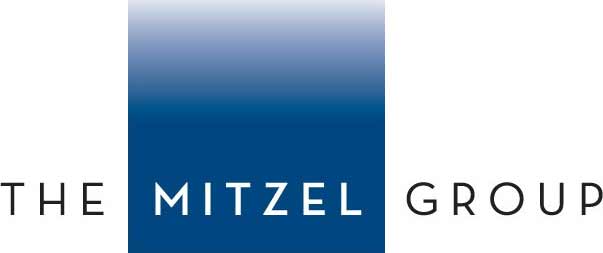On July 23, 2012, the California Court of Appeal held in Harris v. Superior Court (Liberty Mutual) that insurance claim adjusters do not qualify for the administrative exemption, and employers are therefore required to pay them overtime.
The Court decided the case twice in the last year. In December 2011, the state Supreme Court reversed and remanded the case after it found that the Court of Appeal failed to apply the correct legal standard the first time around.
This time, however, the Court of Appeal determined that in order to meet the administrative exemption, an employee must (1) be paid a certain salary, (2) carry out administrative work, (3) have primary duties involving administrative work, and (4) perform those primary duties by regularly exercising independent judgment and discretion.
With insurance claim adjusters, the main issue fell on the second factor, whether the adjusters’ work was in fact “administrative.” The Court held that administrative work is that which is directly related to the management policies or general business operations of the company.
Work is considered directly related if the quality and quantity of the employee’s tasks are administrative in nature. Essentially, the work must be performed at the level of policy or general operations and of substantial importance to the management or operations of the business.
The primary duties of the adjusters in Harris involved adjusting individual claims including investigating claims, negotiating settlements, and making coverage determinations. The Court held that this work failed to satisfy the qualitative factor of the administrative exemption test because the work was part of the day-to-day operations of the business, and not performed at the level of management policy or general operations.
Further, the Court held that even if certain adjusters did some work that reached the administrative level, it would still need to be shown that the majority of the employee’s work is administrative and thus meeting the quantitative factor of the test.
As the claim adjusters in the case fell short of meeting the administrative exemption, the employers had failed to classify them properly and the employees were entitled to unpaid overtime and other penalties associated with this “mis-classification.”
How this affects your business?
The Harris decision is not favorable for California employers because the narrow interpretation of the administrative exemption makes it more difficult for employers to argue that their employees fit the exemption, thus making it risky to pay a majority of seeming “administrative” staff a salary. Not only will employers need to review whether current employees are properly classified (and possibly make changes), employers will also need to ensure that future employees are properly classified as well.
Yet, the Court of Appeal’s decision is also controversial because it seems to go against federal regulations and Ninth Circuit cases that have approved of adjusters qualifying for the administrative exemption. It is expected then that Harris will come before the California Supreme Court for further review.
Harris is a reminder that employers should limit their liability by ensuring their employees are properly classified as exempt or non-exempt based on the actual duties an employee performs for the company. Many salaried employees should really be paid by the hour in order to limit a company’s risk for misclassification. If your company has experienced challenges properly classifying employees as exempt (i.e. salaried) versus non-exempt (i.e. hourly), please contact us for further information at info@mitzelgroup.com.

